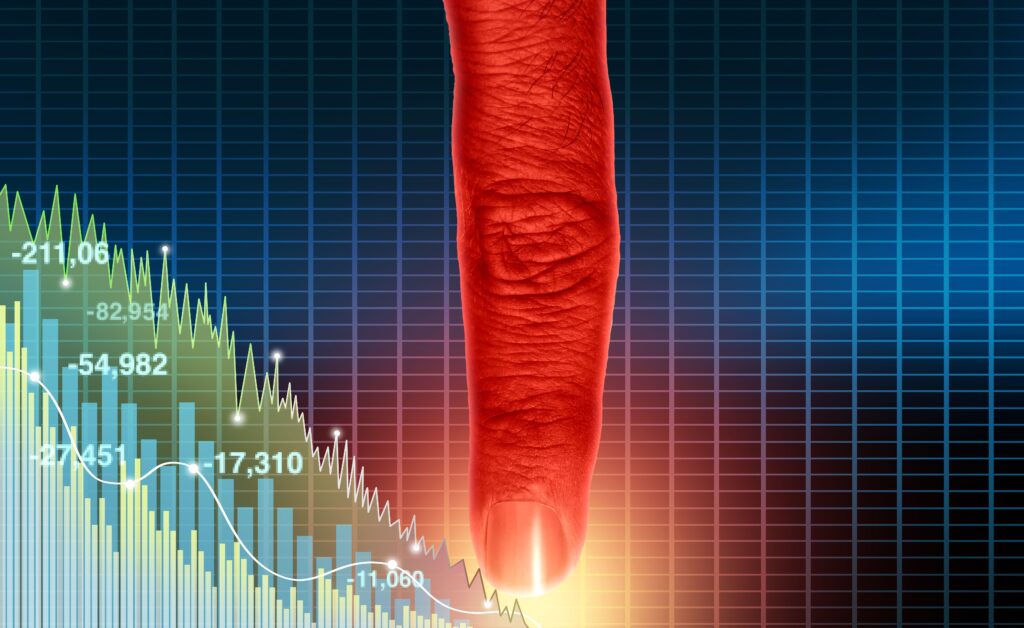
If the stock price of a particular stock is expected to fall, it is mainly aimed at short-term trading gains as an investment strategy in which stocks are borrowed and sold without holding stocks. If the stock price falls in the future, it will earn capital gains by buying stocks at a low price and returning them to the lender (holder) within the settlement date. Short selling supplies liquidity to the stock market while disturbing the market order and is sometimes abused as a means of unfair trade. In the stock market, short selling is a trading technique in which stocks that are expected to fall in the future are borrowed, sold, and then bought back at a low price to pay back the borrowed stocks. For example, if the stock price of A stock is 10,000 won and the stock price is expected to fall, the short selling order is placed for $10 even if there is no stock of A stock at this time. And when the actual stock price falls to $8, it is an investment technique that buys A stock again and collects $2 in market profits, and short selling is an investment technique to make profits in a falling market. Stock short selling plays a role in increasing liquidity in the stock market by increasing sales orders to return stock prices to normal levels if prices of certain stocks rise excessively in the short term.

On the other hand, short selling of stocks can cause market price manipulation and default. For example, after short selling stocks, investors may spread negative rumors to induce stock prices to fall, or officials may write negative corporate reports. In addition, contrary to investors’ expectations, a surge in stock prices after short selling stocks could increase the burden of losses, leading to a failure to return borrowed stocks on time. Short selling is divided into covered short selling, which borrows and sells securities such as stocks or bonds of others who borrowed, and naked short selling, which does not currently have securities and sells them in advance. In Korea, institutional investors have been allowed to sell borrowing since September 1996, and foreign investors have been allowed to sell borrowing since July 1998, but in April 2000, stock short selling was banned. In Korea, borrowing and selling stocks must be paid back to original owners before the settlement date, and repurchasing stocks is called short covering. The repurchase of short selling is used as a profit-taking or loss-making strategy when the stock market is over and a rebound is expected.Then, the reason for doing this temporarily is as follows: Individual investors were complained about by foreigners and institutions betting on the stock’s fall.

This is because individual investors are more difficult to use than these people.Institutions and foreigners with strong financial power can participate with only 105% of the collateral, while individuals have to bet 120%.In addition, there is no limit on how long institutions have to pay back borrowed stocks, while individuals are set to pay back within 90 days.Therefore, there is a high voice of individual investors that this itself is a tilted playground that is advantageous for institutions and foreigners.There have been accumulated complaints that only individuals suffer losses from falling stock prices every time an institution conducts large amounts.
TED PARK
US ASIA JOURNAL



